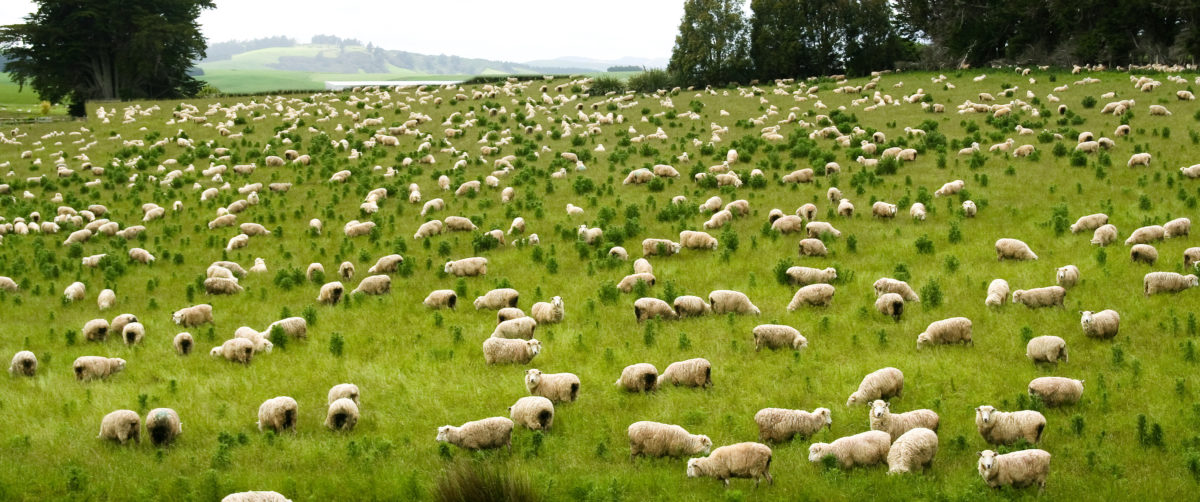Beef + Lamb New Zealand has posted the results of new research which reveals what makes high-performing farmers tick
The Red Meat Profit Partnership (RMPP) commissioned UMR Research (UMR) to ask a group of New Zealand’s highest performing sheep and beef farmers to identify the main drivers of their performance.
This research, which followed a similar study in 2015, identified the critical characteristics that enabled them to consistently achieve good results.
The research also focused on what had changed for these farmers, particularly the challenges they were facing and how they were responding to the issues compared to five years ago.
According to the study, consistency of execution, attention to detail and measuring and recording performance were critical to driving performance on sheep and beef farms.
The research found there was a stronger focus among high performing farmers on addressing environmental challenges through quality assurance programmes.
However, these farmers noted feeling that additional regulations had led to an increasingly negative public perception towards farming. Many high performing farmers want to take ownership of this issue with some wishing to help show the public how they farm with integrity, especially regarding animal welfare and the environment.
Facing droughts, dealing with climate change, and the need to map pathways towards becoming carbon neutral were also more prominent issues compared to 2015.
Meanwhile, the farmers recognised the changing consumer preferences and what this meant for the long-term viability of their businesses. COVID-19 also presented a range of challenges and opportunities.
The research shows most high-performing farmers are continuing to do what they have already been successfully focusing on for many years.
These farmers do not blindly follow trends, rather when they introduce new practices, they tweak them to suit both their style of farming and the environment they operate in.
High-performing farmers, through a strong sense of self-awareness, are particularly good at translating their values or what’s important to them into a ‘style of farming’ that is profitable and sustainable for the environment they occupy.
The research also suggests a way to support other farmers to improve their performance is to first help them to understand what they value most in farming and then translate this into a plan that suits their circumstances.
This may take some time and require facilitation and peer support.
While each plan may be slightly different, measuring and recording performance should be universal and small steps adopted.
The decision on what to measure and focus on first should be driven by what the individual farmer values and enjoys the most about farming. The ultimate outcome from this approach will be sustainable ways of farming.
The study also suggested a range of other high-performing farmer practices that other farmers could consider adopting including:
- using technology to target inputs more efficiently, especially fertiliser and animal health interventions
- making early decisions to pre-empt the loss of stock and pasture condition using an in-depth knowledge of their farm and animals via close observation over many years. These observations are almost always recorded, generally via technology, but also in some cases via extensive handwritten diary notes
- having a clear picture of the three to five aspects of their farm that drive performance and almost always getting these right
- investing in quality infrastructure (over time), as the consequences of not doing so, are a distraction from focusing on what is most important – animals and grass
- making sure they are alert to what is happening on the farm by remaining physically close to pasture and animals. While planning and office work are important, more money can be lost if farmers are not continually observing what is happening on the farm.
- always paying close attention to both stock and pasture and being prepared to more regularly, shift animals. This means focusing on trying to balance both pasture and stock condition throughout the year.
- working alongside other well-regarded farmers, rural professionals, and family members to test and tweak ideas and find new ones.
For more information, check out this RMPP report.
Source: Beef + Lamb NZ












